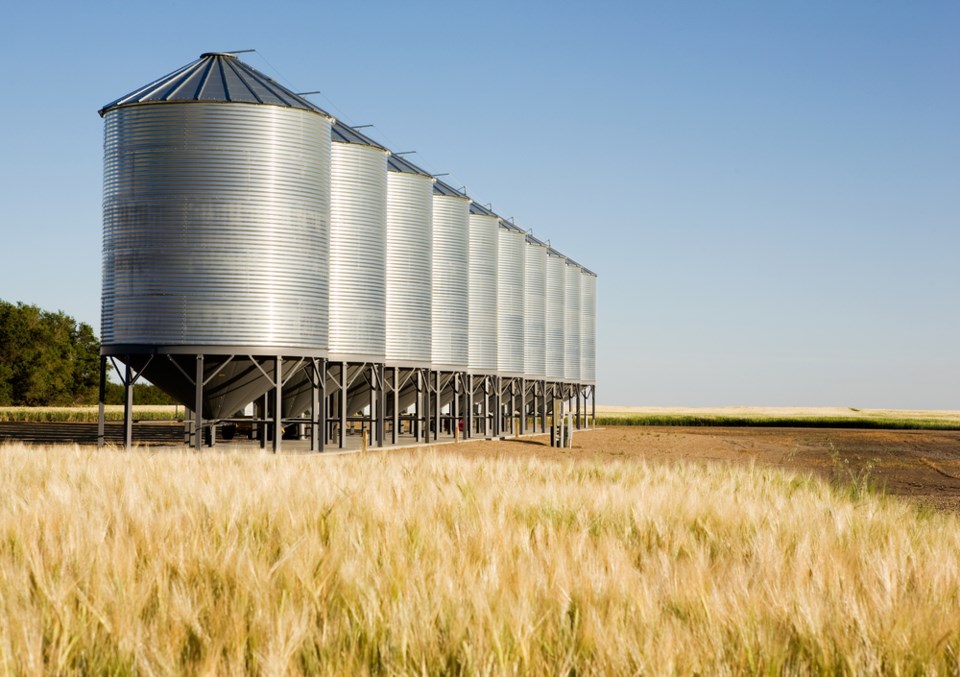Just weeks after presenting a draft Responsible Grain Code for implementation in the spring, that date has been delayed.
Instead, the federal government will hold a second round of consultations with farmers after the harvest this fall.
The first round ran into widespread objections from scepticism about the voluntary nature of the code to who will benefit.
Farmers are leery about so-called voluntary codes. The livestock ear tag program was voluntary when it started. The premises identification number was voluntary then was required to access safety net programs.
Farmer and columnist Kevin Hursh writes in the Western Producer: “Proponents take great pains to emphasize the voluntary aspect of the code, saying that if the grain industry develops its own guidelines, government regulations are less likely. Unfortunately the language used in the code lists 'requirements' and that doesn’t mesh with the voluntary concept."
“Producers participating in the consultations have commented on the negative tone of the document — do this, don’t do that. The same information could be conveyed using more positive language."
“It’s good to see a strong level of engagement from producers taking the time to review all the information and provide input. Social media is full of conspiracy theories, but the objectives of the code are well-intentioned and transparent."
The Canada Grains Council argues the code will let export buyers know that Canadian grain safe and raised in a sustainable fashion.
Some farmers suggest the code should offer them a premium for the extra record keeping they will need by adopting the principles.
When the Round Table on Beef Sustainability adopted a livestock code some beef buyers like McDonald's offered a premium for sustainably raised beef.
Other farmers argue that codes adopted by pork dairy and livestock are mandatory but were adopted by industry associations.
And some farmers on social media have floated conspiracy theories about the code and the United Nations.
If farmers are already doing 75 percent of the code practices why is it needed? Ask others.
The federal agriculture and agri-food department funded three quarters of the costs for the code with $789,000 grant with the rest to come from farmer organizations
In objecting, some farmers are exercising their right to have checkoffs to grains organizations refunded.
Ron Walter can be reached at [email protected]



-crop2.png;w=120;h=80;mode=crop)
